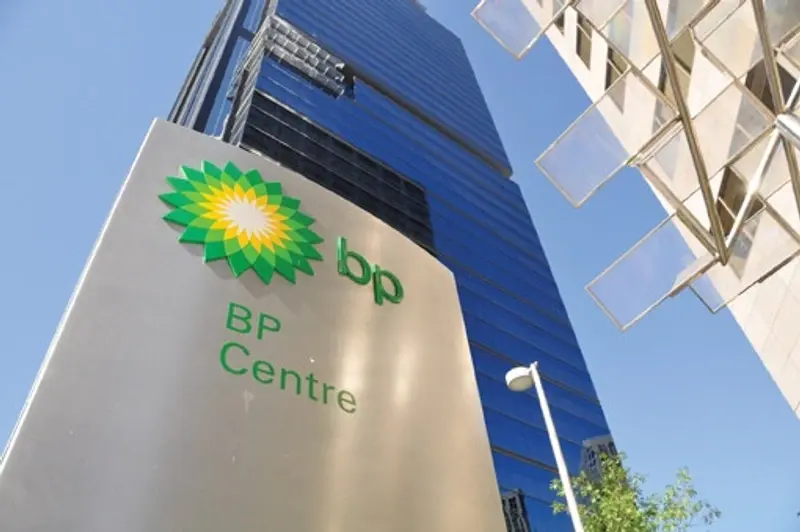
BP (BP.) is renewing a 10% stake in Abu Dhabi Onshore Oil Concession (ADCO) as it attempts to reduce balance sheet risk and shore up dividend payments.
Abu Dhabi’s government is receiving 393m shares in BP as payment for the concession, giving a deal value of around £1.9bn based on current market prices.
BP is fighting to maintain its dividend payout after oil prices slumped from above $100 a barrel in 2014 to around $52 today.
The stock is one of the largest contributors to the FTSE 100’s forecast £78bn of 2017 shareholder payouts and is expected to return around £6bn to shareholders next year.
ALL-PAPER DEAL
Funding the deal by issuing shares rather than cash enables BP to achieve higher production and earnings while limiting extra pressure on its balance sheet which already has a debt load totalling $32.4bn.
BP has even started paying some of its dividends in the form of new shares to prevent net debt rising too quickly during a period of low oil prices.
Third quarter results showed BP’s net debt was around 25.9% of book value, up from 20% a year earlier because cash dividends exceeded free cash flow and earnings.
That excludes an extra 9 percentage points of liabilities associated with the Macondo oil spill in the Gulf of Mexico, according to analysts at investment bank UBS.
BP trades at around 6.3 times debt-adjusted cash flow, in line with peers, UBS analyst Jon Rigby adds.
The BP-Abu Dhabi deal is expected to add around 165,000 barrels per day of production to BP in 2017, increasing its total output by 7% excluding its share of production in Russia-based Rosneft in which it owns a 20% stake.
LOWER RISK ASSETS
Rigby at UBS says the deal highlights attempts by BP to deliver a more defensive earnings profile by operating assets already in production.
‘We confess this type of transaction does not immediately excite us,’ writes analyst Jon Rigby at the investment bank.
‘But we recognise the need to have downside protection, scale and long-term visibility in a portfolio. The terms of the new ADCO concession have not been made public but we think are likely a fixed or semi-fixed margin with some upside for the asset leader role.
‘BP indicates this transaction is accretive to earnings and cash flow. We would infer that the rate of return is less than the target 15% internal rate of return for a new greenfield [investment] but above the 7% implied dividend yield implied at the 447p reference.’
BP’s previous concession with Abu Dhabi ran from the 1970s to 2014, according to the company.
Also today, BP announced a $162m gas exploration deal with Kosmos Energy in west Africa in which it will invest an additional $1bn to develop.
Shares in BP trade 0.8% higher at 494p.
Disclosure: The author owns shares in BP





